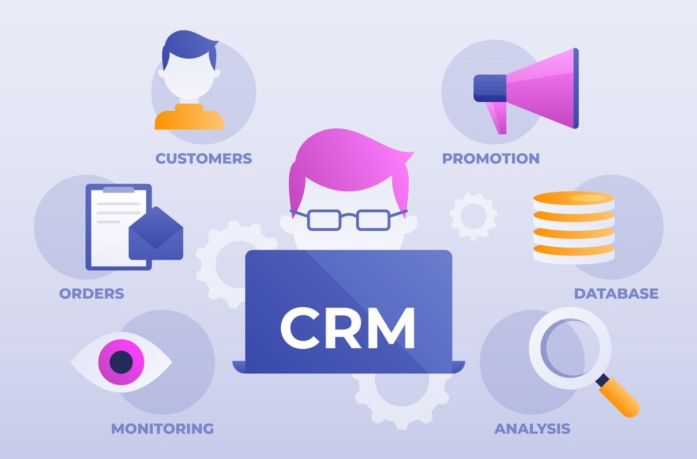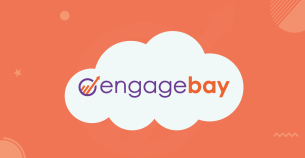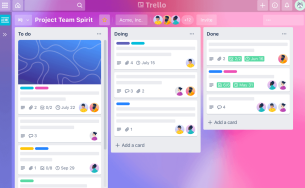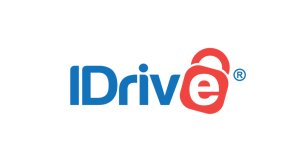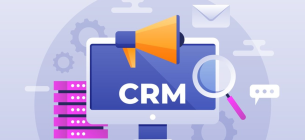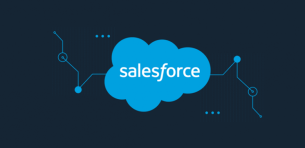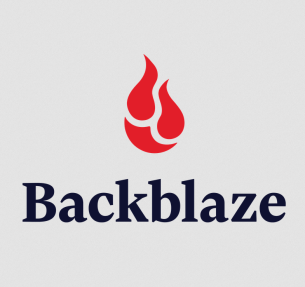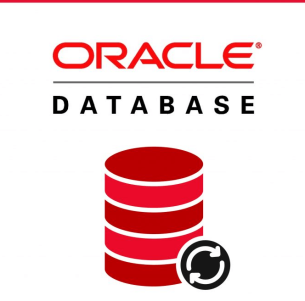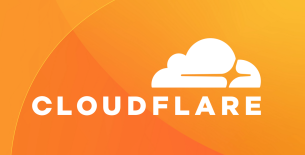Notion is a versatile productivity tool that offers a range of features such as note-taking, project management, and team collaboration. It has a free version with basic functionalities and paid plans starting at $4 per month for individuals and $8 per member per month for teams. Users can customize their workspace with templates, databases, and integrations to suit their specific needs.
Reviews of Notion are generally positive, with users praising its flexibility and ease of use. However, some users have raised concerns about the learning curve and occasional performance issues. Alternatives to Notion include tools like Evernote, Trello, and Asana, each offering unique features and pricing structures to cater to different preferences and workflows. Ultimately, the choice between Notion and its alternatives depends on individual needs and preferences in terms of functionality, pricing, and user experience.
As a consumer navigating the vast landscape of software options, the considerations of pricing, features, reviews, and alternatives play a pivotal role in making informed decisions. Notion, a popular all-in-one productivity tool, offers a tiered pricing structure that caters to both individual users and teams. This flexibility allows users to choose a plan that best suits their needs and budget. Additionally, Notion's diverse range of features such as task management, note-taking, database creation, and collaboration tools make it a versatile solution for organizing both personal and professional projects.
Exploring user reviews can provide valuable insights into the strengths and weaknesses of Notion from real-life experiences. Positive reviews often highlight its intuitive interface, customizable templates, and seamless integration across devices. On the contrary, negative reviews may point out areas where Notion falls short in terms of complex project management capabilities or performance issues with larger databases. Understanding these perspectives can help prospective users evaluate whether Notion aligns with their workflow requirements.
While Notion is a popular choice for many users seeking an all-encompassing productivity tool, there are also alternative options worth considering. Platforms like Evernote offer robust note-taking features while Trello excels in visual project management. By comparing the pricing structures, key features offered by different tools, user feedback through reviews,and exploring viable alternatives ensures that individuals find the most suitable software solution tailored to their unique preferences and goals.
Overview of Notion's popularity and versatility
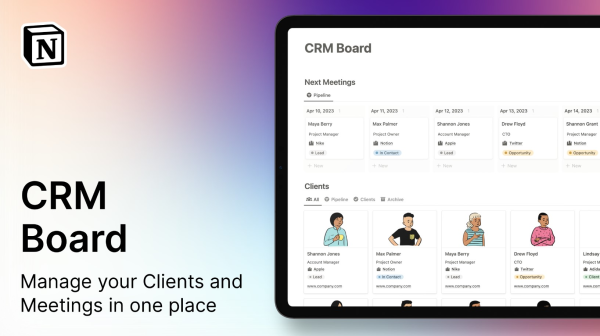
Notion has quickly risen in popularity as a versatile productivity tool that caters to various needs and preferences. Its user-friendly interface and customizable features have attracted individuals from different professions, including students, entrepreneurs, and creative professionals. Notion's ability to integrate documents, databases, calendars, and project management tools within the same platform offers users a seamless experience for organizing their tasks and information. This adaptability has made Notion a favorite among those seeking an all-in-one solution for their productivity needs.
Furthermore, Notion's versatility extends beyond traditional note-taking or task management applications. Users can create personalized workflows, design collaborative spaces for team projects, or even build their own custom databases to track specific information efficiently. The flexibility of Notion allows users to tailor the platform to suit their unique workflow and organizational preferences. Additionally, its compatibility across devices ensures that users can access their data seamlessly whether they are working on a desktop computer or mobile device. As a result, Notion has become synonymous with adaptability and customization in the realm of productivity tools.
In conclusion, the widespread popularity of Notion can be attributed to its unparalleled versatility in adapting to diverse user needs. Whether one is looking for a simple note-taking application or a robust project management tool, Notion offers solutions that cater to various requirements effectively. Its intuitive design coupled with extensive customization options make it an indispensable tool for individuals and teams looking to streamline their work processes efficiently.
Notion Pricing: Free vs. paid plans comparison
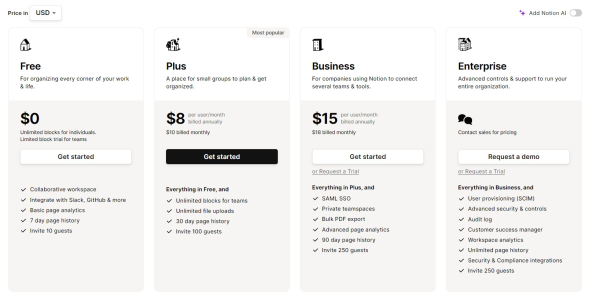
As a consumer navigating the digital landscape, the debate between opting for free versus paid plans often poses a challenging dilemma. On one hand, free plans offer the enticing allure of cost savings and accessibility, allowing users to dip their toes into a service without any financial commitment. However, these free plans frequently come with limitations in terms of features, functionality, and user experience. The old adage you get what you pay for rings true here as many consumers find themselves frustrated by the lack of customization and support that often accompanies free plans.
Conversely, paid plans present a more robust and comprehensive option for those willing to invest in their chosen service or product. By shelling out some cash upfront, users gain access to premium features, enhanced customer support, and an overall smoother user experience. The notion of paying for quality is deeply ingrained in our society; therefore, many individuals are willing to make the trade-off between cost and value when it comes to selecting a paid plan over a free one. Ultimately, the decision between free and paid plans boils down to individual preferences and priorities – whether one values immediate savings or long-term benefits will shape their approach towards pricing models in this digital age.
Notion offers both free and paid plans, each catering to different needs and preferences. The free plan provides basic functionality such as unlimited pages, blocks, and file uploads, making it a great option for personal use or small projects. However, the free plan has limitations on features like version history and collaboration tools, which may be essential for team collaboration or professional use.
On the other hand, the paid plans offer advanced features such as unlimited file uploads, enhanced security options, and priority support. These paid plans are ideal for businesses or individuals looking to leverage Notion's full potential for team collaboration, project management, and organization. While the pricing may seem steep compared to other productivity tools, the added features and benefits can significantly improve workflow efficiency and overall productivity. Ultimately, the choice between the free and paid plans depends on your specific needs and how you intend to use Notion in your daily life or work environment.
Notion Features: Collaboration, customization, integrations, templates

In the modern digital age, notion features have transformed the way individuals and teams collaborate on projects. Collaboration is a key aspect of Notion, offering real-time editing and commenting features that facilitate seamless teamwork. The ability to share pages, databases, and boards with colleagues allows for enhanced communication and productivity. This feature enables team members to work together efficiently, brainstorm ideas collectively, and provide feedback in a dynamic and interactive environment.
Customization is another standout feature of Notion that empowers users to tailor their workspace according to their specific needs and preferences. From customizable layouts to color schemes, users can personalize their Notion interface to create a workspace that reflects their unique style. This level of customization not only enhances user experience but also boosts productivity by allowing individuals to organize information in a way that suits their workflow best. By providing such flexibility in design options, Notion encourages creativity and individuality among its users.
Integrations play a crucial role in expanding the functionality of Notion by connecting it with other apps and tools frequently used by individuals or teams. These integrations streamline workflows by enabling seamless data transfer between different platforms, eliminating the need for manual data entry or switching between multiple applications constantly. Whether it's linking Google Calendar for scheduling tasks or syncing Trello boards for project management, integrations make Notion a versatile hub where all essential information converges effortlessly.
Notion is a powerful tool that offers a wide range of features to enhance collaboration, customization, integrations, and templates. One of the key strengths of Notion is its collaborative capabilities, allowing team members to work together in real-time on projects and documents. This feature enables seamless communication and coordination among team members, leading to increased productivity and efficiency.
Furthermore, Notion's customization options are extensive, allowing users to tailor their workspace to suit their specific needs and preferences. From customizing layouts and colors to creating personalized templates, Notion provides users with the flexibility to design their workspace in a way that best suits their workflow. Additionally, the platform offers a wide range of integrations with other tools and services, enabling users to streamline their workflows by connecting Notion with their favorite apps and platforms. Overall, Notion's robust set of features makes it a versatile tool for individuals and teams looking to optimize their productivity and collaboration efforts.
Notion Reviews: User feedback and common pros/cons
Notion Reviews: User feedback is an essential aspect of any software or application, especially when it comes to productivity and organization tools like Notion. Reading through user reviews can provide valuable insights into the strengths and weaknesses of a platform, helping potential users make informed decisions. One common pro highlighted in Notion reviews is its flexibility and customization options, allowing users to tailor the platform to their specific needs and workflows. Users appreciate the ability to create a personalized workspace that suits their individual preferences.
However, among the cons mentioned in Notion reviews is a steep learning curve for new users. Some find the platform overwhelming at first due to its wide range of features and functionalities. This complexity can deter individuals who are looking for a more straightforward tool without as many bells and whistles. Additionally, some users have also reported occasional performance issues with Notion, such as slow loading times or syncing problems across devices. These technical difficulties can be frustrating for users who rely on seamless operation for their daily tasks.
Despite these drawbacks, many users still praise Notion for its versatility and robust capabilities once they have overcome the initial hurdles. The positive feedback often emphasizes how Notion has transformed their workflow, boosting productivity and organization in significant ways. Overall, user reviews play a crucial role in shedding light on both the advantages and disadvantages of using Notion, guiding others in making informed choices about whether this tool aligns with their requirements and preferences.
Notion is a versatile productivity tool that has gained popularity for its flexibility and customization options. Users often praise Notion for its intuitive interface, allowing for easy organization of tasks, notes, and projects. The ability to create custom databases and templates makes it a powerful tool for individuals and teams alike.
However, some users have reported experiencing performance issues when working with large amounts of data or complex projects. Additionally, the learning curve can be steep for new users who may find the extensive features overwhelming at first. Despite these drawbacks, many users find that once they become familiar with Notion's capabilities, it becomes an indispensable tool for streamlining their workflows and increasing productivity.
Notion Alternatives: Comparison with similar tools like Trello, Evernote
As an avid user of productivity tools, I have explored various options to help me stay organized and efficient in both my personal and professional life. While Trello is widely known for its visual task management system, I found Notion to be a more versatile alternative that caters to a wider range of needs. Notion's ability to create different types of content within one platform, such as databases, notes, calendars, and kanban boards, sets it apart from Trello's more limited functionality.
On the other hand, Evernote has long been a favorite among users for its note-taking capabilities. However, I have found Notion to be a stronger contender due to its flexibility in organizing information in a more comprehensive manner. The ability to link related pages together and customize the layout of each page makes Notion a more dynamic tool for capturing ideas and planning projects compared to Evernote’s more linear approach.
While both Trello and Evernote have their strengths in specific areas of productivity management, I appreciate how Notion combines elements from both platforms into one cohesive workspace. Its customizable templates and intuitive design make it easy for users to create personalized workflows that suit their individual needs. Overall, Notion stands out as a powerful all-in-one tool that offers the best of both worlds when compared with similar tools like Trello and Evernote.
Conclusion
In conclusion, the pricing structure of Notion reflects its value as a versatile and intuitive tool for personal and professional organization. While some users may initially find the pricing plans to be on the higher side, the extensive features and seamless integration offered by Notion make it a worthwhile investment in optimizing productivity and collaboration. The ability to create custom workflows, databases, and templates within Notion adds significant value to its usability, making it more than just a note-taking app.
Furthermore, considering the positive reviews from users praising Notion's flexibility, reliability, and user-friendly interface, it is evident that the platform has successfully positioned itself as a top choice for individuals and teams seeking an all-in-one productivity solution. As we explore alternatives to Notion, it becomes clear that while there are other tools with competitive features available in the market, few can match Notion's comprehensive approach to task management and content organization. Ultimately, opting for Notion may require an initial adjustment period but promises long-term benefits in enhancing efficiency and streamlining workflows for both personal and professional use.
